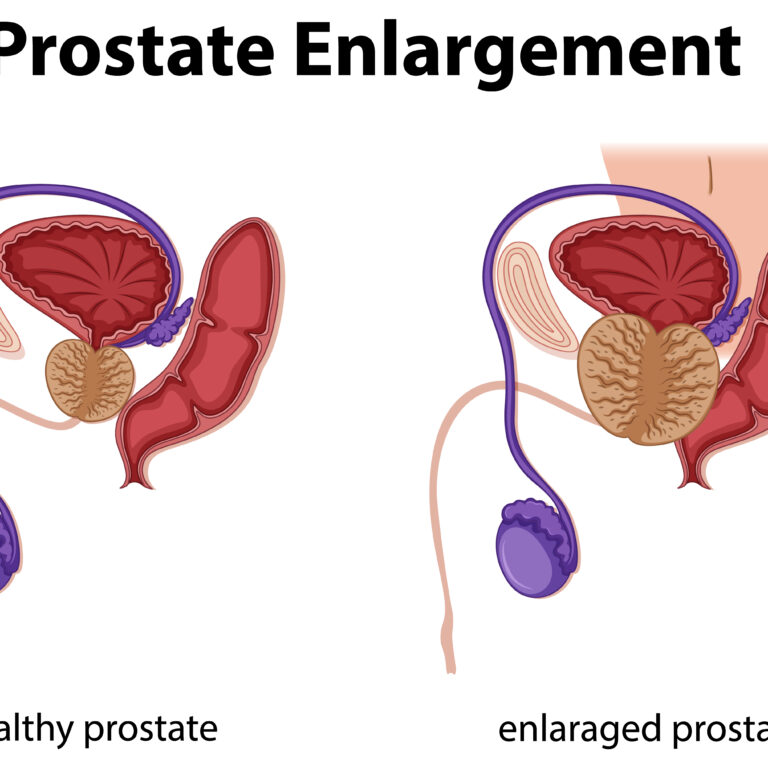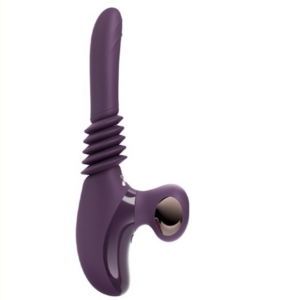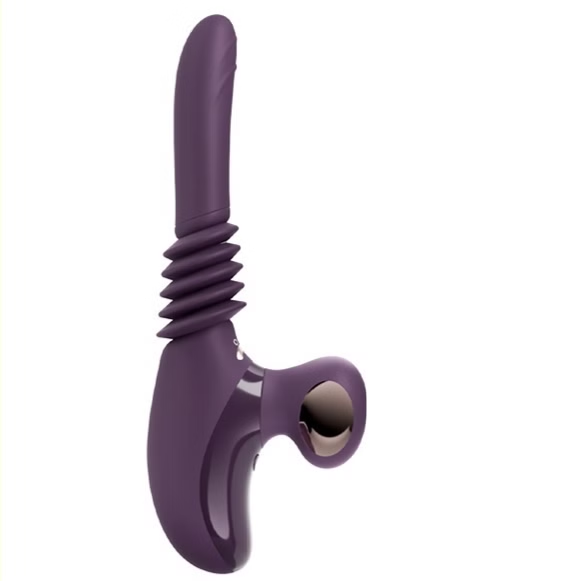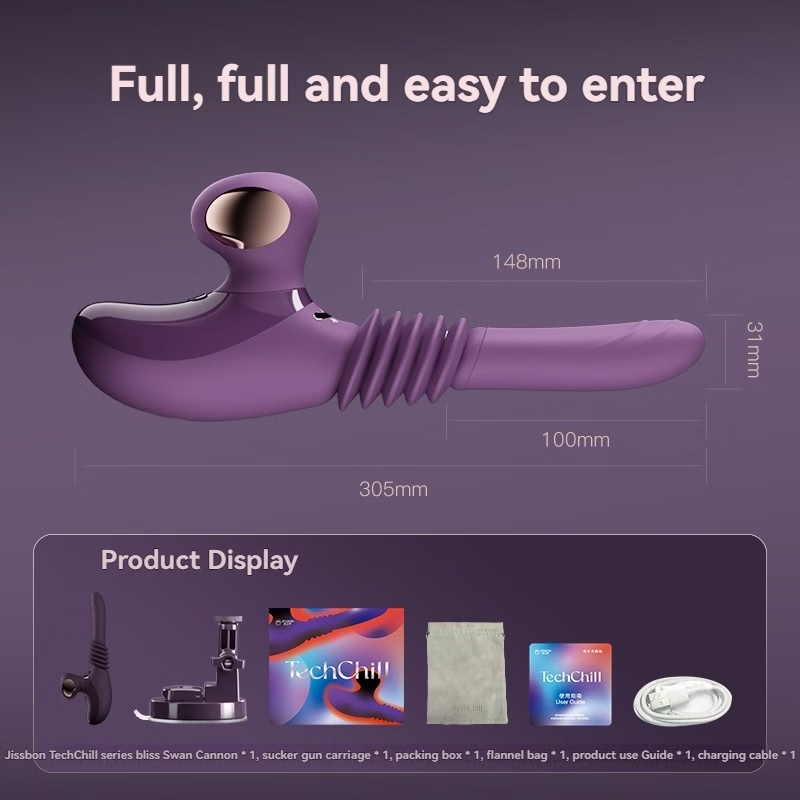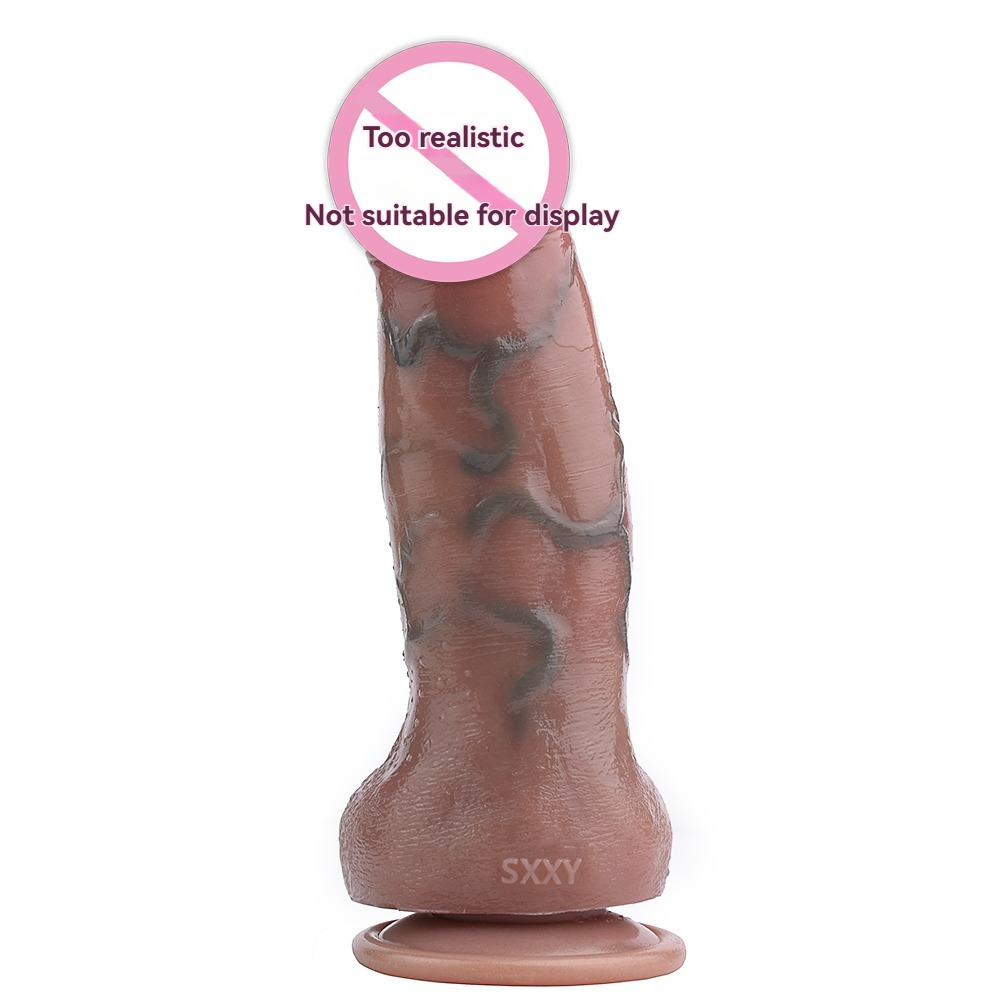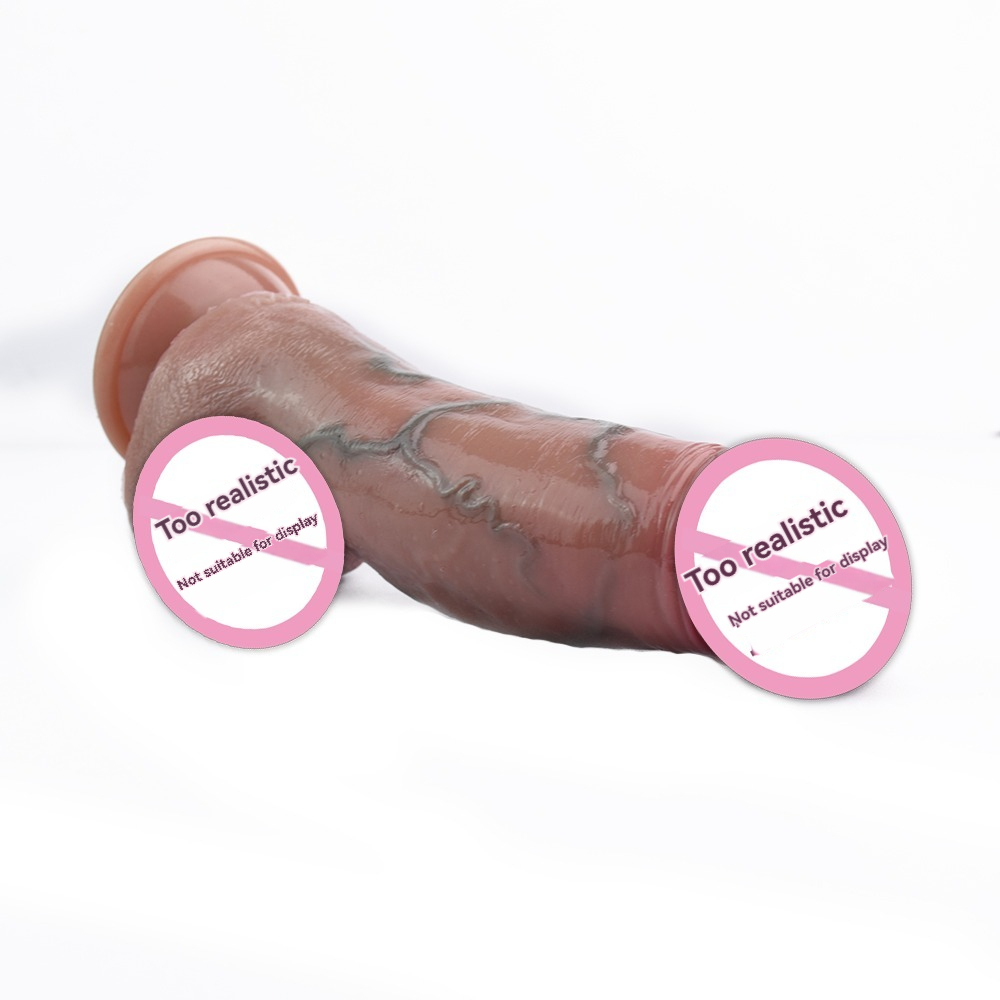Am I Pregnant Quiz – Find Out if You are Expecting

Are you wondering if you could be pregnant? Whether you’ve missed your period, experienced changes in your body, or just have a gut feeling, it can be hard to know for sure without a pregnancy test. This “Am I Pregnant Quiz” will help you explore common signs and symptoms of pregnancy, offering insights into whether it’s time to take a test.
Remember, this quiz is just a guide and can’t replace a medical diagnosis. However, it can help you understand the possible early indicators of pregnancy and suggest when it might be appropriate to take a test or speak to a healthcare professional.
For couples trying to conceive, it’s important to create the right environment for fertility, as well as maintain intimacy and connection throughout the process. Keep reading to discover how you can naturally increase your chances of conception and what tools can support you on your journey.
Table of Contents
- Introduction to the Am I Pregnant Quiz
- Take the Am I Pregnant Quiz
- Interpreting Your Results
- When Should You Take a Pregnancy Test?
- How to Boost Your Fertility and Sexual Health
- Products That Can Support Your Journey to Pregnancy
- FAQs About Pregnancy and Fertility
- Next Steps: What to Do After Taking the Quiz
Introduction to the Am I Pregnant Quiz
If you and your partner have been trying to conceive or if you’re simply feeling different lately, the possibility of pregnancy might be on your mind. It’s normal to feel anxious or unsure about the early signs, as pregnancy symptoms can often mimic those of other conditions.
This quiz is designed to help you reflect on your symptoms and determine whether you may be pregnant. However, the only way to know for sure is by taking a home pregnancy test or visiting a healthcare provider. Early detection can help you make informed decisions about your health and wellness.

Take the Am I Pregnant Quiz
Answer these questions to the best of your ability. Your responses can provide clues about your current situation, but remember, a quiz like this isn’t a definitive answer. For the most accurate results, take a pregnancy test or consult with a healthcare provider.
1. Have you missed your period?
A. Yes, my period is late.
B. No, my period is on time.
C. I don’t track my period regularly.
2. Have you experienced any nausea or vomiting?
A. Yes, I’ve felt nauseous, especially in the morning.
B. Occasionally, but it doesn’t seem related to pregnancy.
C. No, I haven’t felt nauseous.
3. Have you noticed any changes in your breasts?
A. Yes, my breasts are sore, tender, or swollen.
B. They feel normal, with no noticeable changes.
C. I haven’t noticed any changes in my breasts.
4. Are you feeling more fatigued than usual?
A. Yes, I’ve been feeling unusually tired and fatigued.
B. I’m tired but it seems normal.
C. No, I feel energetic and well-rested.
5. Have you experienced any frequent urination?
A. Yes, I’m going to the bathroom more often than usual.
B. Not really, but I sometimes feel like I need to urinate more often.
C. No, my urination habits are normal.
6. Have you noticed any changes in your appetite?
A. Yes, I’m craving certain foods or have developed an aversion to others.
B. My appetite feels normal, no significant changes.
C. I haven’t noticed any changes in my appetite.
7. Are you experiencing any unusual mood swings?
A. Yes, I’ve been feeling more emotional or irritable than usual.
B. I’ve felt a little moody, but it’s probably nothing.
C. No, I feel calm and balanced.
8. Have you noticed any spotting or light bleeding?
A. Yes, I’ve noticed some light spotting, which seems unusual.
B. No, I haven’t had any bleeding outside of my normal period.
C. I haven’t noticed any bleeding at all.
9. Do you feel any cramping or bloating?
A. Yes, I’m feeling bloated or crampy, which feels different from my usual period cramps.
B. Occasionally, but it feels more like regular PMS.
C. No, I don’t have any unusual bloating or cramping.
10. Have you been feeling more sensitive to smells or certain foods?
A. Yes, I’ve noticed that I’m more sensitive to odors and food smells.
B. I’ve experienced some mild sensitivity, but it’s not constant.
C. No, my senses seem normal.
Interpreting Your Results
If you answered mostly A‘s:
You may be experiencing common early pregnancy signs. However, these symptoms can also be related to other factors, so it’s important to take a home pregnancy test for confirmation.
If you answered mostly B‘s:
You may not be pregnant at the moment, but keep in mind that pregnancy symptoms can vary. If you’re trying to conceive, you might want to track your cycle and fertility signs more closely.
If you answered mostly C‘s:
It’s unlikely that you are pregnant, but if you’re still uncertain, it’s always a good idea to take a test or consult with your doctor for peace of mind.

When Should You Take a Pregnancy Test?
If you suspect you may be pregnant, it’s best to wait until at least one week after your missed period before taking a home pregnancy test. Testing too early can give you inaccurate results. If you’re trying to conceive, you can also track ovulation to increase your chances of pregnancy.
How to Boost Your Fertility and Sexual Health
For couples trying to conceive, maintaining a healthy lifestyle is key. Here are some tips to help improve your fertility:
- Track Your Ovulation: Understanding your ovulation cycle can significantly increase your chances of conception. Use fertility apps or ovulation kits to track your most fertile days.
- Maintain a Healthy Diet: A balanced diet rich in vitamins, minerals, and antioxidants supports reproductive health. Focus on foods like leafy greens, fruits, lean proteins, and whole grains.
- Exercise Regularly: Regular physical activity promotes overall health, including reproductive health. Just be mindful not to overdo it—moderate exercise is best.
- Manage Stress: High stress can interfere with hormone levels, which can affect fertility. Consider relaxation techniques such as yoga or meditation.
- Limit Alcohol and Caffeine: Studies suggest that excessive alcohol and caffeine consumption may reduce fertility. Moderation is key.
A couple shares an intimate moment, enveloped in soft lighting, capturing their tenderness and desire for each other.
Products That Can Support Your Journey to Pregnancy
For couples trying to conceive, there are a variety of products that can help support fertility and intimacy:
- Fertility Supplements: Supplements like folic acid, omega-3 fatty acids, and prenatal vitamins can support both male and female fertility. Consider adding these to your routine if you’re planning for pregnancy.
- Ovulation Test Kits: Use ovulation test kits to track your most fertile days and increase the likelihood of conception.
- Lube for Conception: Some lubricants can actually help sperm move more effectively, making conception easier. Look for fertility-friendly lubricants designed for couples trying to conceive.
- Sexual Health Toys: Intimacy is important when trying to conceive. Using sex toys can help you and your partner explore new ways to connect, relieve stress, and improve your chances of getting pregnant.
At Sextoyforyou.com, we offer a range of products designed to enhance your intimacy, improve sexual health, and support your fertility journey. Check out our collection of fertility-friendly lubricants, intimate toys to create a more fulfilling and relaxed experience during conception.

FAQs About Pregnancy and Fertility
Q1: How soon after unprotected sex can I take a pregnancy test?
A1: It’s best to wait at least 10–14 days after unprotected sex for the most accurate result.
Q2: Can stress affect my chances of getting pregnant?
A2: Yes, chronic stress can impact your hormone levels and reduce your chances of conception.
Q3: What are the most common early pregnancy signs?
A3: Common early signs include missed periods, nausea, fatigue, sore breasts, and changes in appetite or mood.
Next Steps: What to Do After Taking the Quiz
If you suspect you’re pregnant, the next step is to take a home pregnancy test. If your test is positive, schedule an appointment with your healthcare provider to confirm your pregnancy and start prenatal care.
If you’re trying to conceive and the quiz suggests you’re not pregnant yet, don’t worry! Continue tracking your cycle, maintaining a healthy lifestyle, and exploring options that can help you on your journey.









